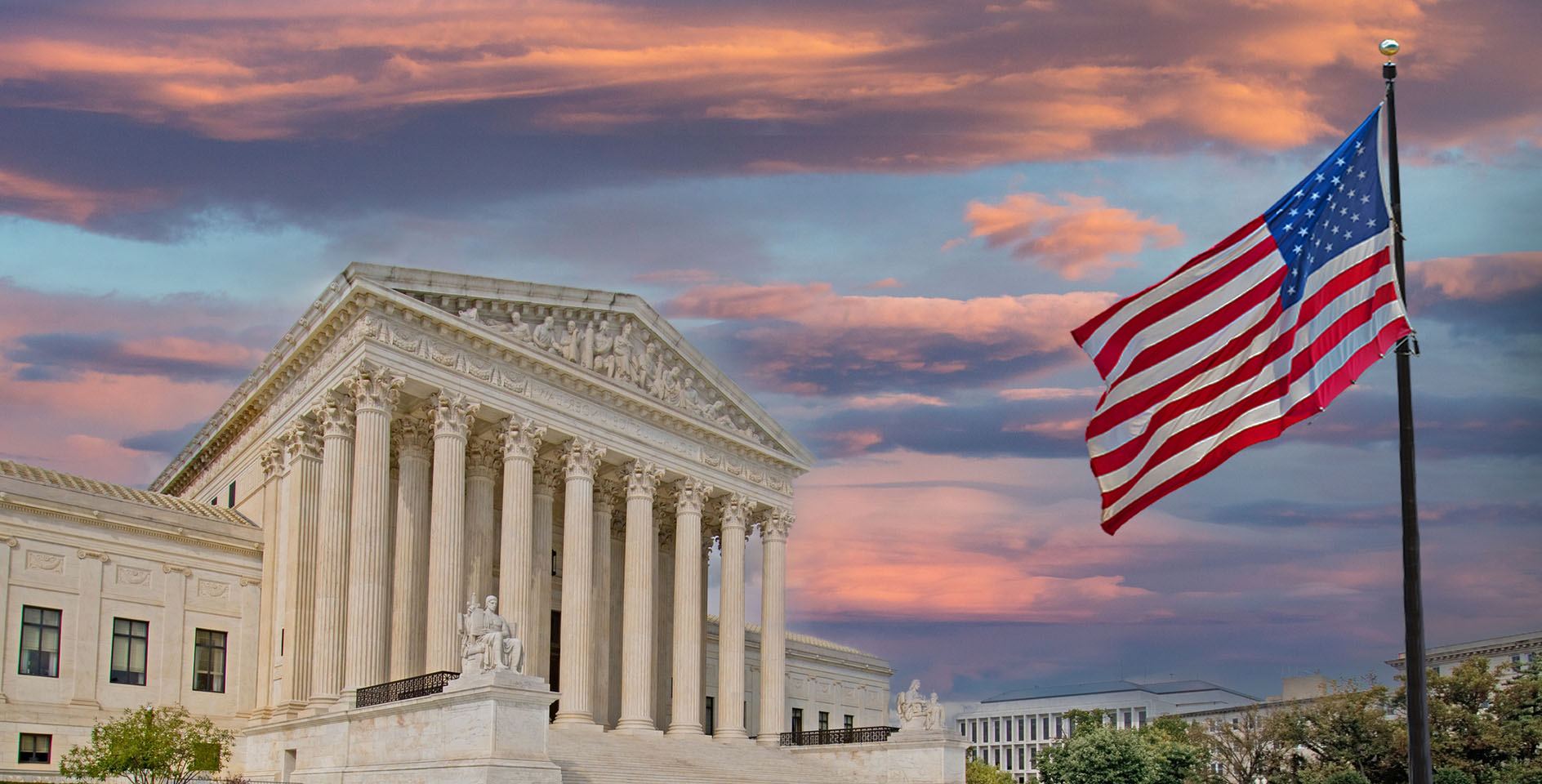A 150-year old law that many Americans have never heard of before is at the heart of the recent ruling on the abortion pill. The Comstock Act of 1873 was passed to safeguard public morality by suppressing the distribution and sale of obscene materials—including information on abortion—through the U.S. Postal Service (USPS).
As part of his recent ruling, a federal judge in Texas determined that the Comstock Act prohibits the mailing of chemical abortion drugs. Originally enacted as part of the Comstock Act of 1873, section 1461 currently declares “[e]very article or thing designed, adapted, or intended for producing abortion,” as well as “[e]very article, instrument, substance, drug, medicine, or thing which is advertised or described in a manner calculated to lead another to use or apply it for producing abortion,” to be “nonmailable matter” that the USPS may not lawfully deliver.
Here’s what you should know about the history and significance of the Comstock Act, and the impact it had on American society and the pro-life cause.
Who was Comstock?
During the mid-19th century, American society was experiencing rapid industrialization, urbanization, and social change. This period saw the rise of new forms of communication that facilitated the spread of ideas and information. The increase of printed materials was of particular concern among religious and social conservatives who worried about the potential for the rapid spread of immoral and corrupting content.
Anthony Comstock, a devout Christian and crusader against vice, was at the forefront of this movement. He believed that obscenity, particularly in the form of erotic literature and contraceptives, posed a threat to the moral fabric of American society. He also viewed abortion as a grave moral evil and sought to restrict its promotion through the dissemination of information. To address these concerns, Comstock lobbied for legislation that would enable the government to suppress the distribution of such materials.
The Comstock Act, officially titled “An Act for the Suppression of Trade in, and Circulation of, Obscene Literature and Articles of Immoral Use,” was passed by Congress and signed into law by President Ulysses S. Grant on March 3, 1873. The act made it illegal to use the USPS to send or receive any “obscene, lewd, or lascivious” materials, including contraceptive devices and information on abortion. Violators faced severe penalties, including fines and imprisonment.
The Comstock Act expanded the powers of the USPS, granting postal inspectors the authority to search and seize materials they deemed obscene. As the act was broadly worded, it gave inspectors wide discretion in determining what constituted obscenity. The act also allowed for the destruction of any materials confiscated, further limiting the circulation of potentially objectionable content.
Comstock, who was appointed as a special agent of the USPS, used his new authority to lead an aggressive campaign against the dissemination of obscene materials and the promotion of abortion. He claimed to have confiscated and destroyed hundreds of thousands of such items, and his zealous efforts earned him both admiration and criticism.
Challenges, impact, and controversy
The Comstock Act faced challenges from advocates of free speech, who argued that the government’s definition of obscenity was vague and subjective, leading to the suppression of constitutionally protected expression. Critics also pointed out that the act’s provisions on contraception and abortion had little to do with obscenity and instead served to impose a particular moral viewpoint on the public.
From a pro-life perspective, the Comstock Act’s restrictions on abortion information can be seen as an important measure to protect the sanctity of life. By prohibiting the distribution of information on abortion, the Comstock Act effectively limited the accessibility and promotion of a procedure that was harmful to both women and unborn children.
Changes in society’s views of morality, however, brought the act’s provisions on contraception and abortion came under increasing scrutiny. The U.S. Supreme Court, in a series of landmark decisions, began to chip away at the act’s restrictions.
In 1965, the court ruled in Griswold v. Connecticut that a state law banning the use of contraceptives by married couples was unconstitutional, as it violated the right to privacy. This decision marked a turning point in the legal expansion of rights related to individual privacy.
In 1971, the court further undermined the Comstock Act in United States v. Vuitch, which dealt with the issue of abortion. The court held that a District of Columbia law criminalizing abortion except when the mother’s life or health was endangered was unconstitutionally vague. This ruling paved the way for the Court’s landmark 1973 decision in Roe v. Wade, which established the constitutional right to abortion.
These decisions significantly undermined the moral values the Comstock Act was passed to uphold. In particular, the erosion of the act’s restrictions on abortion information and access is believed to have helped lead to a devaluation of the sanctity of life and an increase in the number of abortions performed in the United States.
A mostly forgotten, but enduring legacy
From 1873 until today, the Comstock Act has had a lasting influence on American society, shaping the discourse on morality, censorship, and the sanctity of life for 150 years. The act represented an early and aggressive attempt by the government to regulate the content of printed materials and control access to information on obtaining and conducting an abortion.
The role of government: The act’s legacy can be seen in the continuing debate over the proper role of government in regulating obscenity. Although the Comstock Act’s provisions regarding obscenity have been largely dismantled, the tension between the desire to protect public morality and the need to safeguard individual freedoms remains a central issue in the modern era.
Shaping attitudes: An often unnoticed influence of the act is the role it played in shaping attitudes towards the sanctity of life and the value of children. The restrictions on abortion imposed by the Act contributed to a culture that viewed children as intrinsically valuable and sought to protect preborn children. The struggle to dismantle these restrictions laid the groundwork for the modern pro-life movement, which continues to fight for the protection of preborn children and the promotion of alternatives to abortion.
Although largely forgotten today, the Comstock Act of 1873 was a pivotal piece of legislation that had a profound influence on American society and the pro-life cause. While many of its provisions have been removed or undermined, the act’s legacy remains—as the recent abortion pill ruling shows—relevant to the ongoing debates over abortion in America.









